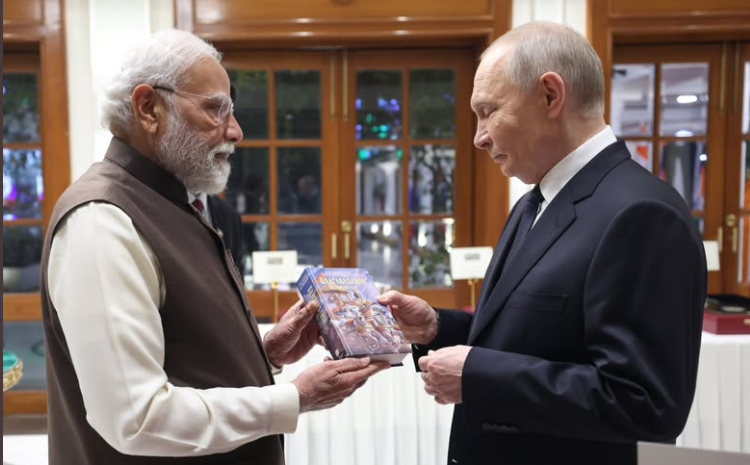Vietnam and India Forge New Economic Horizons
- InduQin
- Aug 5, 2024
- 2 min read
Vietnam and India aim to boost bilateral trade to US$20 billion, fostering a strategic partnership. Prime Minister Pham Minh Chinh emphasized historical ties and invited Indian investments in key sectors like infrastructure and pharmaceuticals. Jitin Prasada highlighted growth synergies, pushing for deeper economic integration. Signed MoUs cover aviation, logistics, and renewable energy, setting the stage for sustainable growth. Future plans include enhanced cooperation in agriculture, ICT, and tourism.
In a visionary move aimed at fostering stronger economic ties, Prime Minister Pham Minh Chinh of Vietnam has set an ambitious goal of reaching US$20 billion in bilateral trade with India. This bold declaration was made at the Vietnam-India Business Forum, a collaborative effort between the Federation of Indian Chambers of Commerce & Industry (FICCI) and the Embassy of Vietnam, showcasing a promising future for economic cooperation.
Highlighting the enduring bond between the two nations, Prime Minister Chinh emphasized Vietnam and India's historical ties that have now blossomed into a comprehensive strategic partnership, signaling a new era of collaboration. Embracing a foreign policy of independence and multilateralism, Vietnam seeks to position itself as a trustworthy global ally, inviting Indian businesses to explore investment opportunities in key sectors such as infrastructure, digital technology, and pharmaceuticals.
Jitin Prasada, India's Union Minister of State for Commerce & Industry; Electronics and Information Technology, echoed the sentiment for deeper economic integration, recognizing the synergies in the growth trajectories of both nations, which surpass the global average growth rate. Emphasizing the potential for mutual benefits through enhanced manufacturing capabilities and integration into global value chains, Prasada reiterated the importance of leveraging each other's markets to further elevate the current bilateral trade volume of US$14.8 billion.
The signing of various Memorandums of Understanding (MoUs) at the forum solidified the economic collaboration between Vietnam and India, covering diverse sectors such as aviation, logistics, pharmaceuticals, and renewable energy. These agreements pave the way for strategic partnerships between key players in both countries, fostering innovation and sustainable growth.
As the review of the India-ASEAN Trade and Goods Agreement of 2009 nears completion and negotiations for the Indo-Pacific Economic Framework continue, the stage is set for an even deeper level of economic cooperation between Vietnam and India. Sandip Somany, Past President of FICCI, emphasized the strong economic foundation laid by the two nations and the untapped potential in sectors like agriculture, ICT, and tourism, including unique offerings like Buddhist-centric tourism and destination weddings.
The launch of a direct flight connecting Da Nang, Vietnam, and Ahmedabad, India, serves as a tangible symbol of the growing connectivity and people-to-people ties between the two countries, underlining a shared commitment to a prosperous future built on mutual respect and collaboration.








Comments